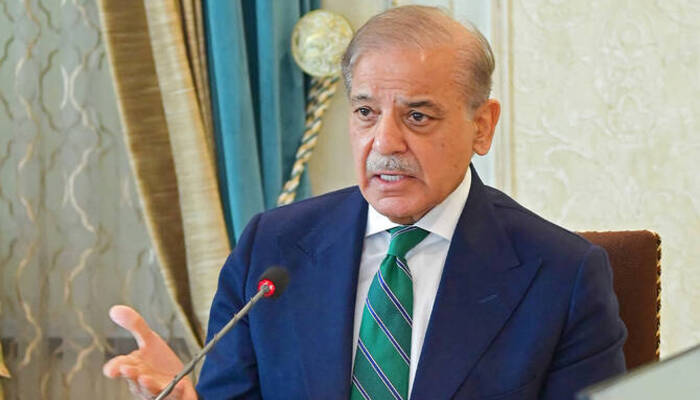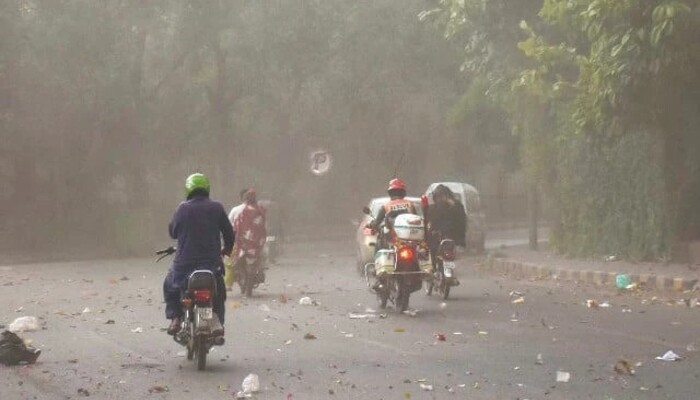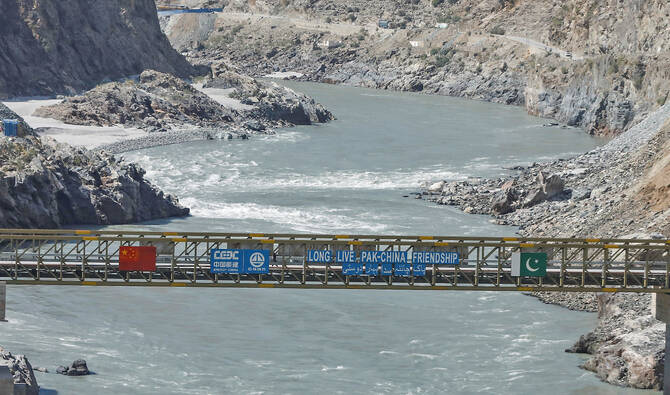
The Punjab government has invoked Section 144 across the province from Muharram 1 to 10 to maintain law and order and prevent sectarian unrest. This preventive move comes ahead of the religious month, expected to begin on June 27 or 28, and aims to curb potential threats from extremist elements.
Public Gatherings and Weapons Banned
Under Section 144 of the Criminal Procedure Code, gatherings of four or more people are prohibited. The Punjab Home Department issued a formal order stating that the ban is necessary to prevent disruptions to public peace and ensure citizens’ safety.
Restrictions on Processions and Rooftop Access
Authorities have banned unauthorized Muharram processions and majalis. Additionally, people will not be allowed to access rooftops or build morchas (firing bays) along procession routes. Storing stones, bricks, or similar items near procession areas has also been banned to reduce risks of violence.
Read: Karachi Records Pakistan’s First Congo Virus Death of 2025
Ban on Inciteful Speech and Communication
To prevent sectarian tension, all gestures, slogans, or remarks that could provoke religious or racial sentiments are forbidden. Disseminating inflammatory content via electronic devices or social media is also restricted.
Pillion Riding Ban on Key Days
This measure is aimed at limiting mobility of potential troublemakers.
Deployment of Security Forces
To further bolster security, the Punjab government has requested army and Rangers deployments. Rawalpindi alone will see five Army and six Rangers companies on duty. The district has already banned the entry of 169 religious leaders and issued gag orders for 89 clerics.
Social Media Monitoring and Loudspeaker Control
Authorities may enforce mobile jamming and seek temporary restrictions on social media platforms. The use of loudspeakers will remain strictly regulated under the Punjab Sound Systems (Regulation) Act 2015.
Follow us on Instagram, YouTube, Facebook,, X and TikTok for latest updates











